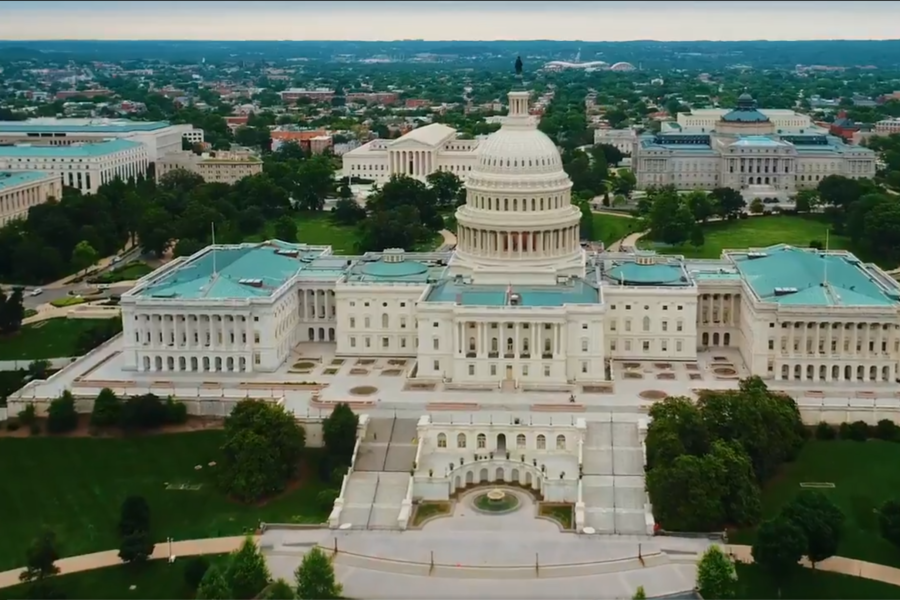The Senate passed the fiscal 2021 defense policy bill 84-13 on Dec. 11 after a bumpy few weeks for the key annual legislation.
“We must protect freedom, democracy and peace, and support our troops. This is the heart of the National Defense Authorization Act, and I look forward to it becoming law before the end of the year,” Senate Armed Services Committee Chairman Sen. Jim Inhofe (R-Okla.) said in a release.
The coronavirus pandemic and election-year politicking complicated the months-long process of hashing out thousands of pages of policy changes and requests for more information from the Defense Department.
Formal talks between the House and Senate to compromise on final language began after the Nov. 3 elections, running down the clock on the legislative year and worrying lawmakers that the bill would not be enacted by Jan. 1, 2021. That prompted debate about whether Capitol Hill would need to throw out the existing agreement and start over when new members arrive next month.
The bill is particularly pressing because it authorizes hazard pay and other types of specialty compensation that require annual congressional approval, but also shapes how the Pentagon moves forward with everything from troop deployments to uniforms.
“The strategic guidance provided by the NDAA and our highly skilled industrial base enable our armed forces to match and surpass evolving threats around the world. We look forward to the President’s signature as soon as possible,” Aerospace Industries Association President and Chief Executive Officer Eric Fanning said in a release.
It offers $740.5 billion to fund military and other national security programs, but lawmakers must still pass an appropriations package so federal agencies can access the money. The federal government is headed for a shutdown at the end of the day on Dec. 18 unless appropriations are enacted or another stopgap spending resolution keeps it open.
Sen. Rand Paul (R-Ky.) briefly held up the NDAA’s passage because he dislikes language that limits the federal government’s ability to pull U.S. troops out of Afghanistan.
While both chambers of Congress have now approved the legislation, President Donald J. Trump must still sign off for it to become law. He has urged Republican lawmakers to vote against the bill because it leaves out multiple presidential priorities, like a repeal of “Section 230” legal protections for social media companies that are unrelated to national security.
The Trump administration on Dec. 8 said it strongly opposes the bipartisan, bicameral legislation because of Section 230 concerns; restrictions on military construction funding; opposition to a plan to withdraw American troops from Afghanistan, Germany, and South Korea; and language to start the process of renaming military bases that honor Confederate icons from the Civil War.
“President Trump has been clear in his opposition to politically motivated attempts like this to rewrite history and to displace the enduring legacy of the American Revolution,” the White House said of redesignating installations like Fort Bragg, N.C., named for a Confederate Army general and slave owner.
“THE BIGGEST WINNER OF OUR NEW DEFENSE BILL IS CHINA!” Trump added on Twitter on Dec. 13. “I WILL VETO!”
The House passed the NDAA in a 335-78 vote, providing a veto-proof majority along with the Senate, on Dec. 8.
